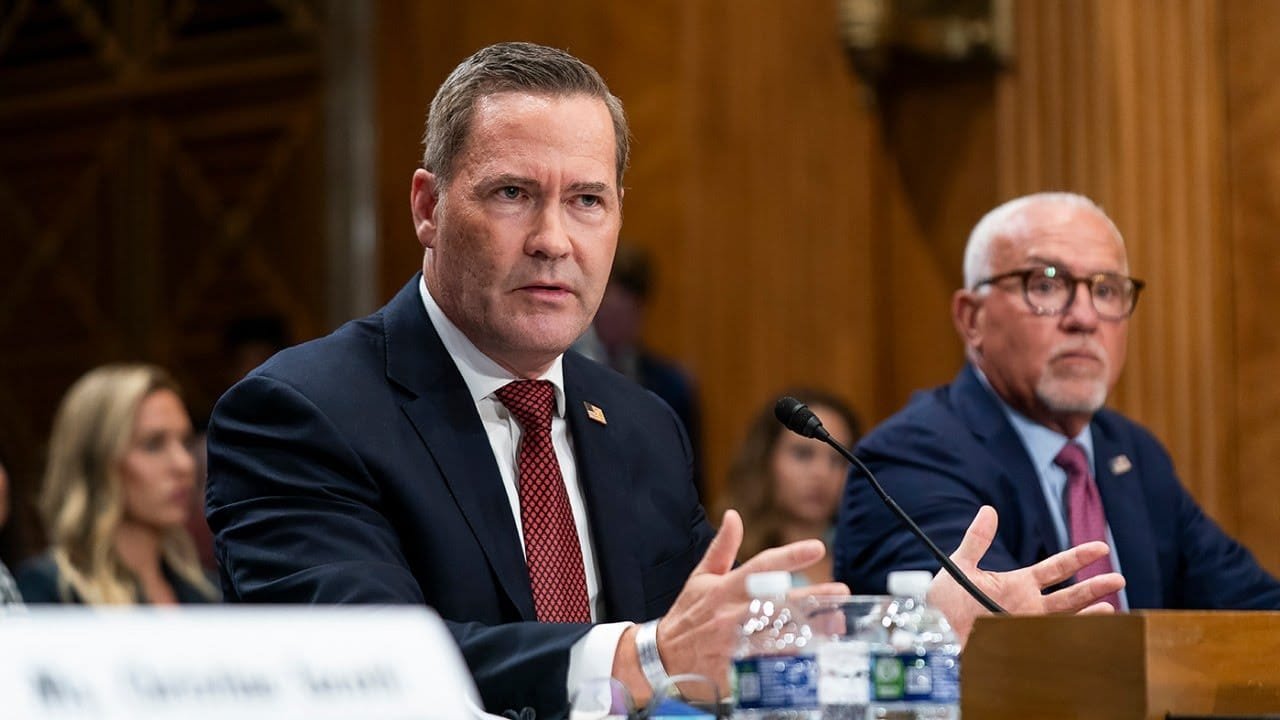At a tense emergency session of the United Nations Security Council on September 22, U.S. Ambassador to the U.N. Mike Waltz forcefully reaffirmed that the United States and its NATO allies will “defend every inch of NATO territory,” amid mounting airspace incursions by Russian aircraft and drones. Waltz’s remarks, his first since taking the post, came in response to Estonia’s claim that three Russian MiG-31s entered its airspace without permission and remained for nearly 12 minutes, an incident the U.S. describes as part of a worrying pattern.
Waltz pointed out that only days earlier, more than twenty drones had breached Polish airspace, prompting NATO jets to intercept or shoot them down, and tied these incidents to a broader need for Russia to de-escalate rather than test the resolve of the alliance. He warned that Moscow must cease behavior that threatens to draw more countries into the conflict in Ukraine or signal it has lost control of its platforms.
Other NATO and European leaders echoed the stance, condemning the incursions as dangerous provocations. British Foreign Secretary Yvette Cooper warned Russia that its actions risk triggering direct armed conflict, stating the alliance is defensive but unambiguous about protecting its territory. Russia’s deputy U.N. ambassador, Dmytry Polyanskiy, rejected allegations of airspace violations and dismissed the claims as part of what he called a “theatre of the absurd,” while urging a more serious broader discussion of European security.
The developments underline growing tensions along NATO’s eastern flank, where airspace breaches—both manned and unmanned—are increasingly seen as both tests of NATO’s readiness and warnings of possible escalation. Waltz stressed that the alliance’s mutual defense commitments are not symbolic: any violation of a NATO member’s airspace, however short, is unacceptable and will be met with a decisive response.
As the U.N. meeting closed, Waltz called on Russia to work toward reducing tensions, respect the sovereignty of its neighbors, and engage in direct negotiations with Ukraine to halt the war—asserting that provocations like these only increase risk.





